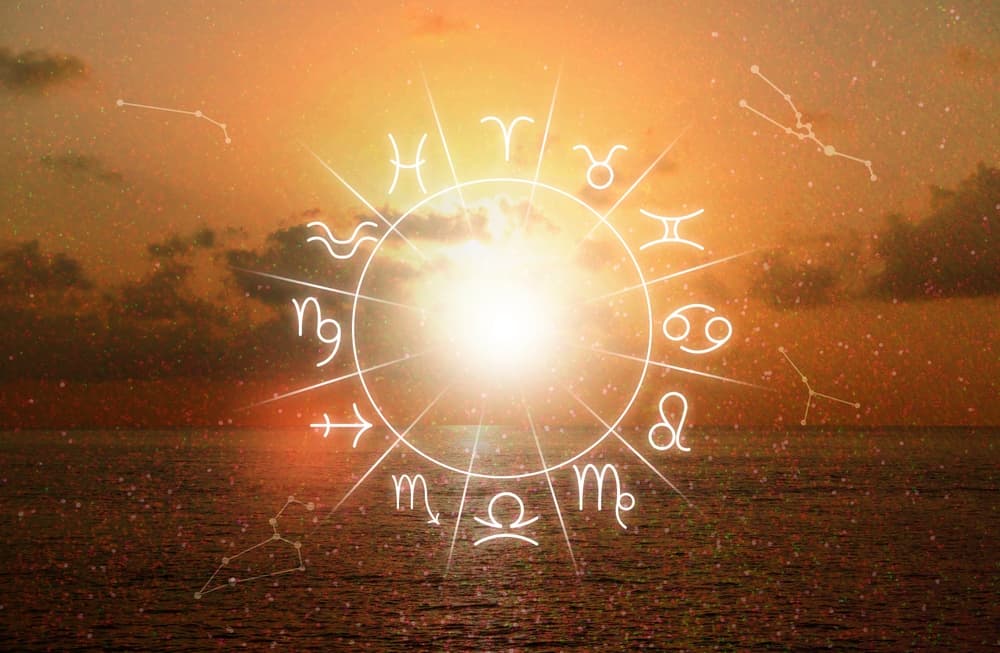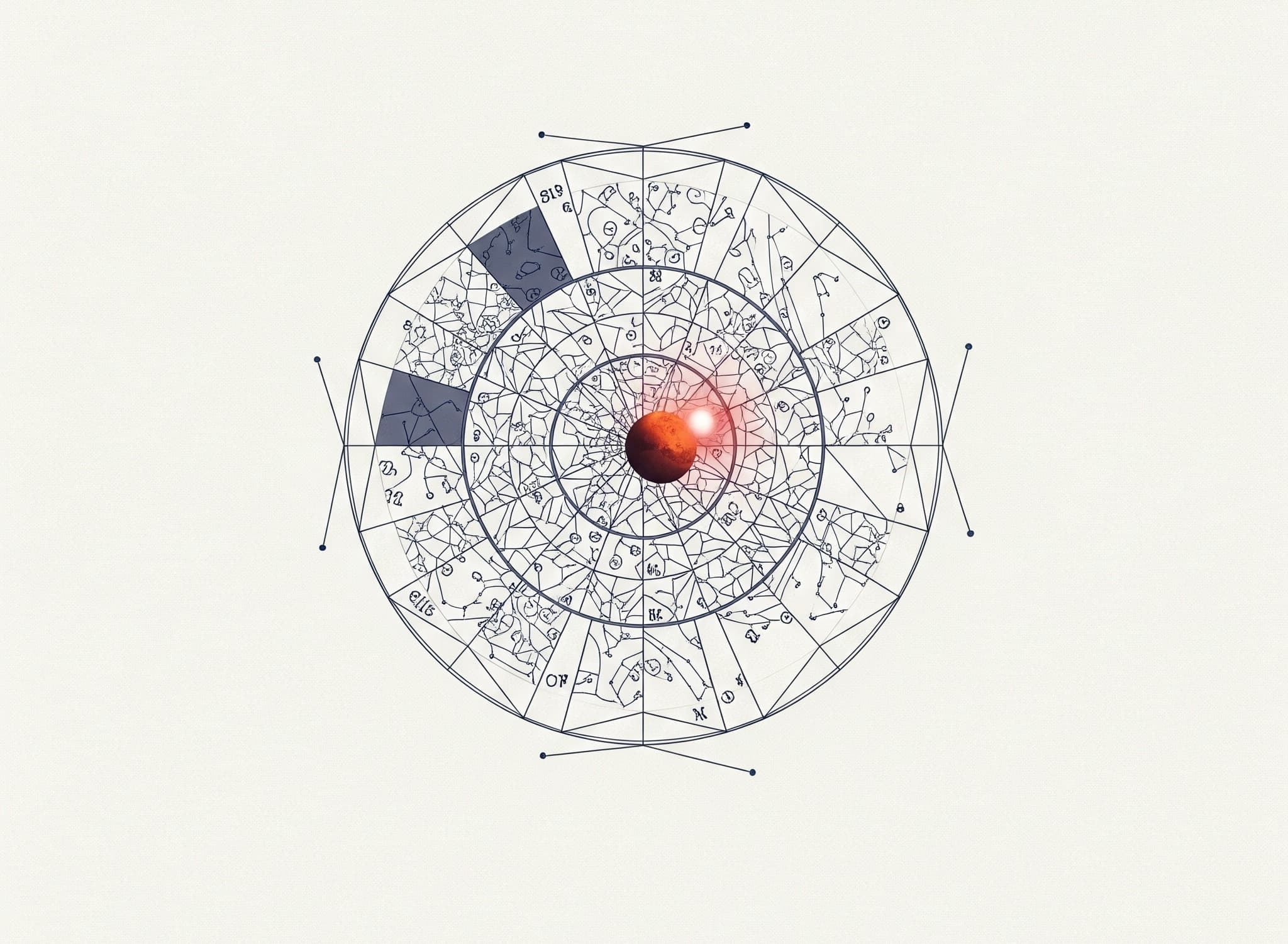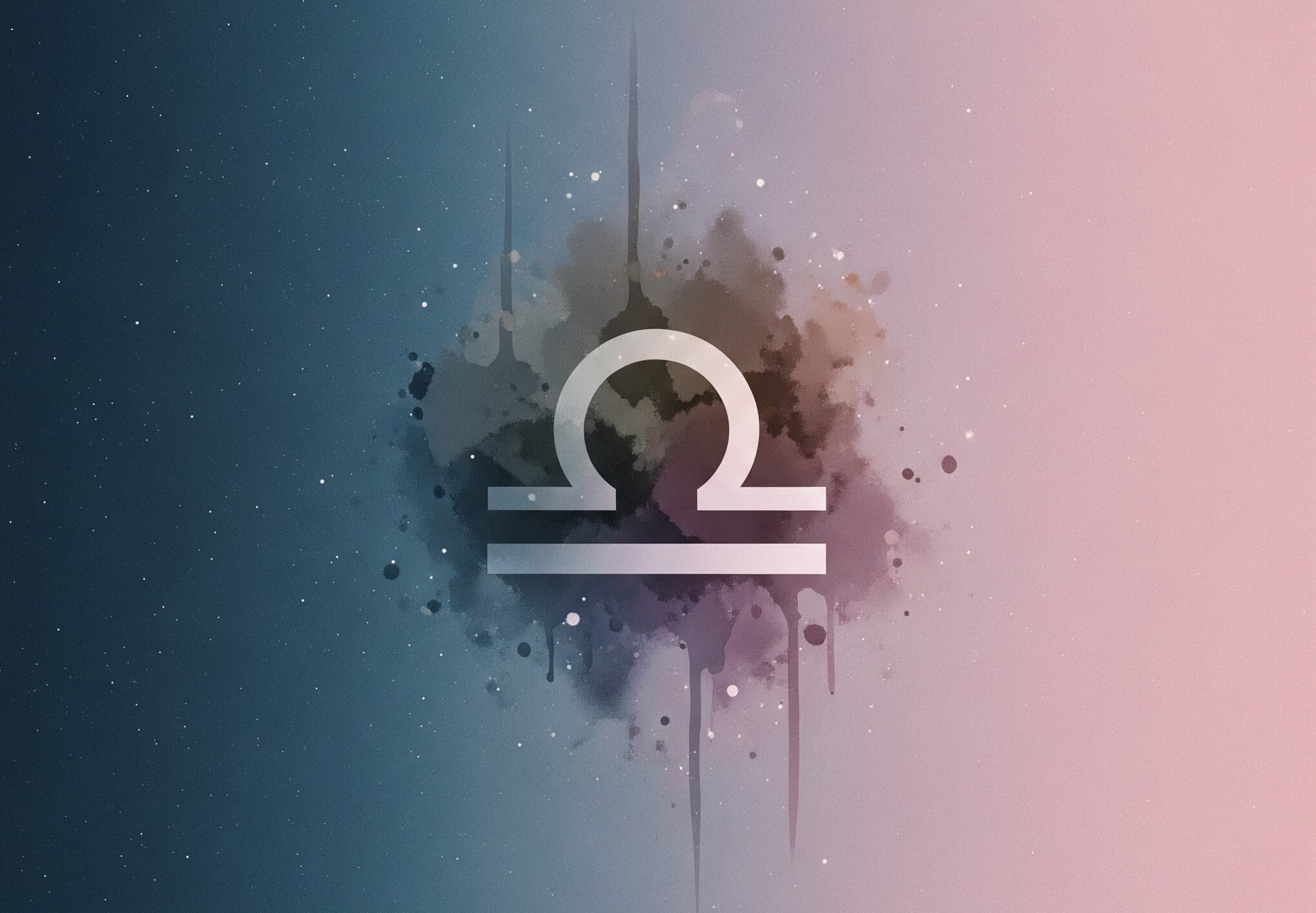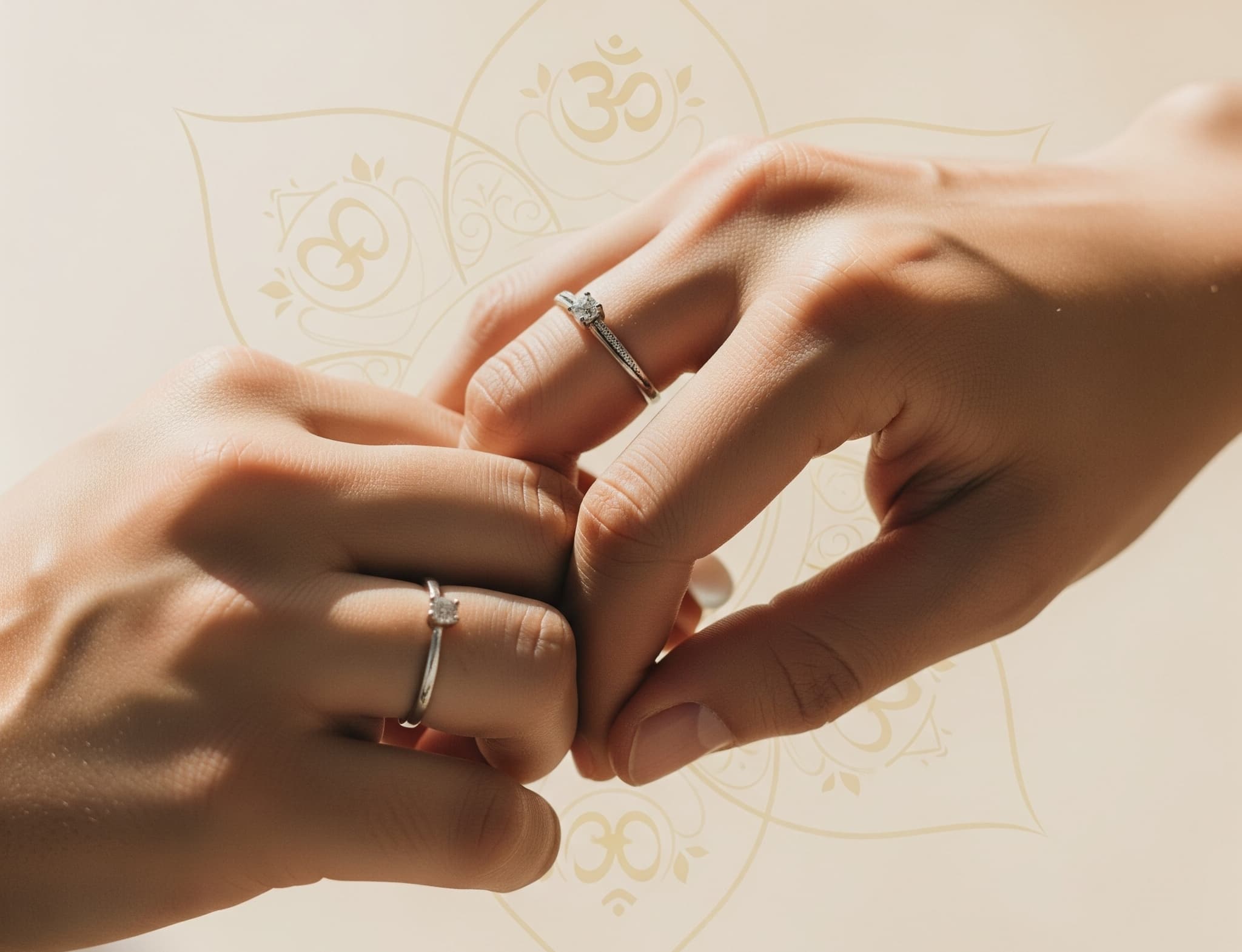Astrology: Science, Art Or Both?

The wisdom of the ancients who discovered the sun, moon and planets, was also responsible for devising the astrological principles which the world follows today.
There is so much deliberation over how to categorize astrology. Is astrology a science? Or do we pit the two against each other making it astrology vs science? Your point of view has a lot to do with it, but astrology encompasses a wide range of disciplines, which come together to form something that is quite unique.
If you take a look at science courses that are offered today, astrology probably isn’t going to be among them. But it is important to understand that astrology has its entire basis and foundation in scientific proof. You may ask yourself even then, is astrology a real science? If so, has it been proven by science? The wisdom of the ancients who discovered the sun, moon and planets, was also responsible for devising the astrological principles which the world follows today. This was done after careful deliberation and discovery and indicates the scientific evidence and science behind astrology.
However, some sceptics from the scientific community disagree that accurate interpretations can be made based on these occurrences. It takes a skilled astrologer to capture what is seen in the heavens, make sense of the astrology and science facts, and create a road map of what was, what is and what will be. It could be a moment, or a trajectory.
Astrology and astronomy are different; one is the study of physical space objects and the other is the interpretation of their movements to predict life on earth. So astrology is really a combination of the sciences of maths and astronomy. The art of interpretation implies that astrology and psychology are also linked. Even Hippocrates said, ‘A physician without the knowledge of Astrology has no right to call himself a physician’. If an astrologer is equipped to read and understand the planetary motions, then they will definitely be able to lend a scientific bent of mind to the reading of horoscopes or kundlis, predicting the future, checking for relationship compatibility, and so on. In fact, one should look at astrology as the first ever data science; it uses data about us and the world around us, puts it together and comes up with algorithms to make sense of our lives. This is enough to verify astrology’s scientific validity.
So finally, is astrology recognized by science? Yes and no. After scientific studies on astrology, it has also been characterised by some as ‘pseudoscience’, or a science which is based partially on a belief system rather than entire facts. This is because cynics believe that there are reasons why astrology isn’t a science - occurrences on earth are entirely coincidental, and have very little to do with fate and destiny.
Unlike other sciences, astrology isn’t black and white. Along with the knowledge of astronomy, it also requires a deeper understanding, experience, as well as a certain amount of intuition, which is why it is ultimately a combination of both science and art.
FAQs
Would astrology be considered as a science or an art?
Astrology has its basis in the sciences of maths and astronomy, but also requires a deeper understanding, intuition and experience, which makes it a combination of science and art.
What is a pseudoscience? Is astrology a pseudoscience?
A pseudoscience is one that is based on a belief system, rather than facts. Because the impact of astrology cannot be quantified or measured, it is sometimes wrongly classified as one.
Who devised the first scientific system for astrology?
The Babylonians first used and recorded celestial cycles, matching them with occurrences on earth as signs of communication from the divine. But cave paintings from around 25,000 years ago have revealed that people were aware of the impact of the moon on tides and even moods.



